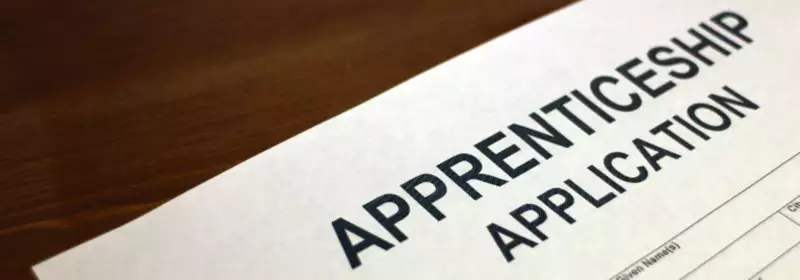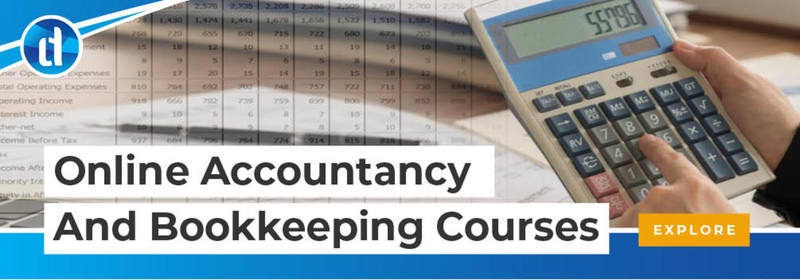Accountants benefit from many professional perks. They can explore roles in almost any industry, at home or overseas since their qualifications are recognised internationally. There is ample choice when it comes to choosing their specialism and typically plenty of room for progression. Plus, they earn highly attractive salaries.
It’s no wonder then that it’s such a competitive field. Even with the high number of people going into accountancy, there’s still a great demand for these finance savvy professionals. After all, each business, whether they be a large multinational or a small enterprise, needs an accountant.
While the appeal of accounting is clear, the route into the profession is far from it. You need to pass (or be exempt from) a series of professional exams and complete relevant practical training. But there is no one set path that leads to this point.
You could choose an academic, vocational, or work-based approach depending on your preferred learning style. So, it’s important to consider the options and see which suits you best. All routes ultimately end with professional qualifications, but you can choose how you get there.
If you’re researching how to become an accountant, we’ve listed the most common routes into the profession for you below.

Work your way up
Previously, the accounting profession was strict in its requirements for related prior skills and experience. You’d find it hard to get a foot in the door without relevant study and some sort of work placement.
Now, many accounting firms and companies employing accountants offer training schemes to people without industry qualifications or experience. Taking on enthusiastic learners and training them a fresh, in line with the goals and values of the company. This gives you the chance to learn from the ground up. Gaining relevant hands-on experience in a junior role while also working towards your professional qualifications.
If you’re considering this work-based approach, look out for job openings like a Trainee Accounts Clerk or Trainee Accounting Assistant.
Complete an apprenticeship
Apprenticeships also provide the opportunity to earn and gain hands-on experience while studying. You’ll learn the theory behind accountancy from a training provider. Then apply it in the workplace through an accountancy or finance firm.
Accounting apprenticeships, like the ones provided by the AAT, provide an alternative to university. They also put you on the fast track to achieving chartered status with the chief professional bodies like the ICAEW and ACCA.
Generally, there are three levels:
Intermediate: Equivalent to GCSEs - train in roles like Accounts Assistant or Accounts Clerk.
Advanced: Equivalent to A Levels - train as an Assistant Accountant or Trainee Accounting Technician.
Higher: Equivalent to foundation degree and above - train in roles like Accounts Manager.
These apprenticeships can take up to four years to complete while working a minimum of 30 hours a week. They are offered to those with school and college qualifications.
Aside from the accountancy skills you’ll gain, you’ll also pick up many other business skills. Working alongside seasoned accountants and financial professionals also gives you great insight into what to expect in the workplace.
What’s more, if you do decide to pursue the academic route, you could put your higher apprenticeship towards a degree.

Take Accounting Courses
Arguably the fastest route into an accounting role is through industry-recognised vocational courses. This is because they teach you the fundamental skills for the profession and prove your dedication to the industry.
The AAT (The Association of Accounting Technicians) is a world-renowned professional body of accountants with members across 90 countries. They are the UK’s leading qualification and membership body for vocational accountants. So, their courses are often required for accountancy roles.
Their courses are ideal for anyone just starting out with no prior knowledge of accounting. As well as those with accounting experience. They also provide a clear route to becoming a qualified accountant. Their Level 2 Certificate gives you a detailed introduction, allowing you to pursue entry-level and junior accounting roles. Whereas their Level 3 and Level 4 Diplomas teach you progressively more advanced topics. Which allow you to pursue more senior positions.
After which, you can go on to study higher level qualifications with the ACA, ACCA or CIMA. Which enable you to become a chartered accountant.
Study a Degree
Many professional accountants have a university degree. However, it’s becoming more of a desirable thing to have rather than essential for entry to the profession.
There are some roles that do still state a degree as part of their entry requirements. But you might be pleased to know that this doesn’t mean your degree needs to be in finance. Generally, it can be in any subject.
Clearly, the most advantageous route would be studying relevant A Levels like Accounting, Maths or Economics. Then choosing an accounting related degree to really fine tune your skills.
However, those that didn’t go down such a clear-cut path can still apply their academic knowledge to accounting. Your degree can help you secure an accounting position, within which you’ll work through the relevant professional qualifications. So, if you studied something unrelated but now want to pursue accounting, your degree will still count.
But if you’re considering the academic route without prior qualifications, it would make more sense to study an accounting degree. Top accounting firms will likely want you to have GCSEs (or equivalent) at grades 4/C or above, including English and maths. You’ll then need As and Bs at A level (or equivalent) and a 2:1 in your chosen degree.
It’s also worthwhile checking which accountancy degrees will give you an exemption from certain professional exams. In many cases, you can claim credit for prior learning, which can make the route to qualifying shorter. Plus, it’ll save you from learning the same content again.

Getting Started
There are many routes you can take to become an accounting professional. Should you be looking to study related courses and retrain outside of your current work commitments, we can help.
learndirect is a leading UK distance learning provider. With many online accounting courses to help you reach your professional goals.
You could study out A Level Accounting course and pursue the academic route with university. Or, you can complete all the necessary AAT courses required to get you industry ready.
By studying an online course, from home when it suits, you needn’t give up your current job to requalify. It’s also extremely beneficial for anyone with existing family or care commitments.
Just log on when you have the time and work your way toward your new career. This removes the pressures and restraints that are often experienced by those looking to go back into education.
What’s more, all our online courses come with dedicated tutor support and flexible payment methods. Supporting you even more through your learning journey.
Click below to view the AAT courses we have available.



















